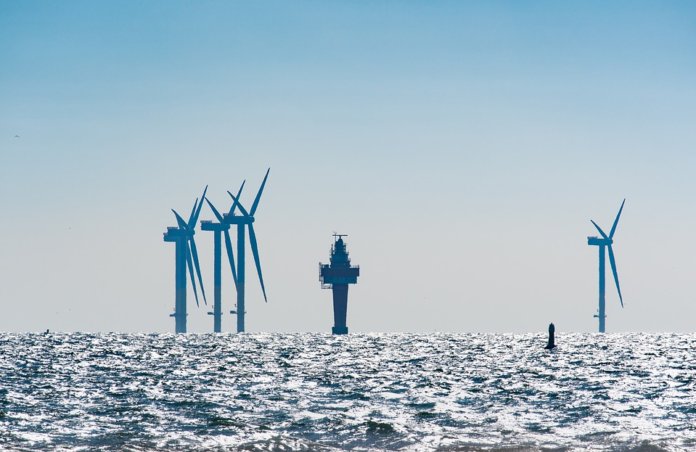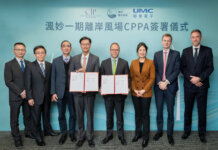ENGIE and EDP have signed a memorandum of understanding (MOU) to create a 50/50 joint venture dedicated to offshore wind.
The new entity will be the exclusive vehicle of investment of EDP – through its subsidiary EDP Renewables – and ENGIE for offshore wind opportunities worldwide.
Under the terms of the MOU, EDP and ENGIE will combine their offshore wind assets and project pipeline in the newly created JV, starting with a total of 1.5 GW under construction and 4.0 GW under development. The partners have a goal of reaching 5 GW to 7 GW of projects in operation or construction and 5 GW to 10 GW under advanced development by 2025.
The JV will primarily target markets in Europe and the U.S., as well as select geographies in Asia. The combined company’s goal is to be self-financed.
The new alliance follows EDPR and ENGIE’s six-year cooperation as consortium partners in the Dieppe Le Tréport and Yeu Noirmoutier offshore wind projects in France and Moray East and Moray West in the U.K. EDPR and ENGIE are also partners in two floating offshore wind projects in France and Portugal and in the Dunkerque offshore wind tender currently ongoing in France.
“The offshore wind sector is set to grow very significantly by 2030,” notes Isabelle Kocher, CEO of ENGIE. “The creation of this JV will enable us to seize market opportunities while increasing our competitiveness on one of our key growth drivers, renewables. This agreement is also fully aligned with ENGIE’s zero-carbon transition strategy.”
António Mexia, EDP’s CEO, adds, “This agreement for wind offshore represents an important step in EDP’s renewables strategy. We are fully committed with the energy transition and a more sustainable future, as per the ambitious goals communicated in our strategic update. We are confident that this partnership will reinforce our distinctive position in renewables, allowing us to accelerate our path in offshore wind, one of the key growth markets in the next decade.”
The execution of the project is subject to the respective social, corporate, legal, regulatory and contractual approval processes. The companies aim for the JV to be operational by the end of 2019.




